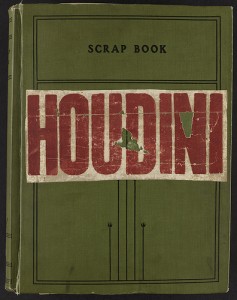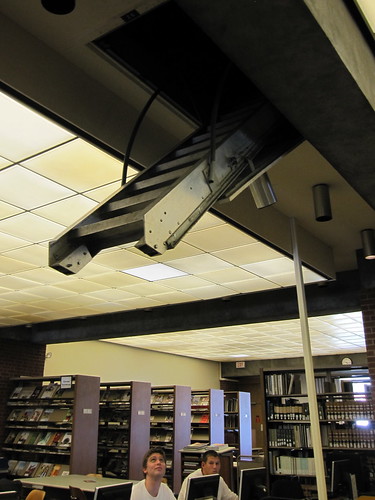From Stephen’s Lighthouse:
The movement to subscription models has some benefits:
1. You’re not locked in forever (or until it wears out) as a purchase can sometimes do.
2. You have the opportunity to offload the ‘keeping up-to-date factor’ on things that need replacing too often at high initial cost (software, servers, devices, etc,) or upgrade with annoying rapidity (like software and phone models).
3. You want to spread your investment out evenly in the annual budget over many years instead of investing in risky decisions that have higher upfront costs and commitments to servers vs browser access.
4. You want to reduce the risk of making a poor decision and committing to one choice that may be overtaken by innovation, trends, competition, time and events.
5. Access to bigger collections at less cost per user annually (like with the periodical experience)
6. Aggregated relationships with book publishers as has happened with periodical article access and standardization of e-formats and metadata and OpenURL compliance, etc.
7. Bulk influence on copyright and licensing of larger assemblages of content (a la Tasini, etc.)
8. Etc.[full blog post]
The last “etc.” could stand for the benefit of being subject to easily changed (by the vendor) terms of use of agreements (c.f. my earlier post on the HarperCollins kerfuffle, a kerfuffle, it should be observed, that could include a great many other vendors).
In fact, though thoroughly optimistic, Abrams’ list is also very one-sided. It’s not hard to imagine why – he is the VP Strategic Partnerships and Markets for Gale Cengage. EBook sales are his business. Read the rest of this entry »








